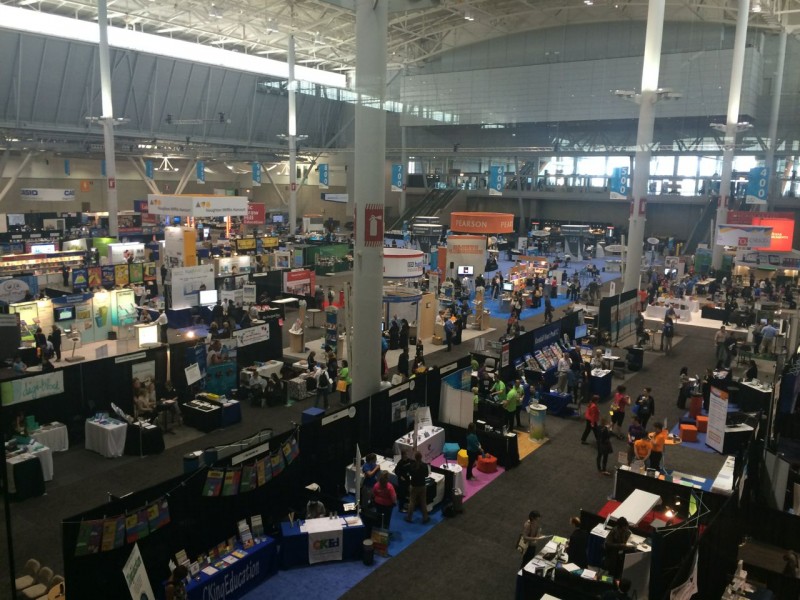This year when I attended the NCSM and NCTM annual conferences, I had a much different experience than in previous years. I thought it would be worth sharing some ideas I have about how to make it more likely that you learn from a conference experience.
- If you want to walk away from the conference with something different about your practice, focus on one or maybe two ideas during the conference and only go to sessions that will support you in learning and revisiting those ideas. On the other hand, if you don’t know what you are hoping to learn at the conference, you might be better off going to many different sessions in the first couple of days at least before deciding however note that this may something you can learn from the conference planner rather than attending a scatter-shot of different sessions.
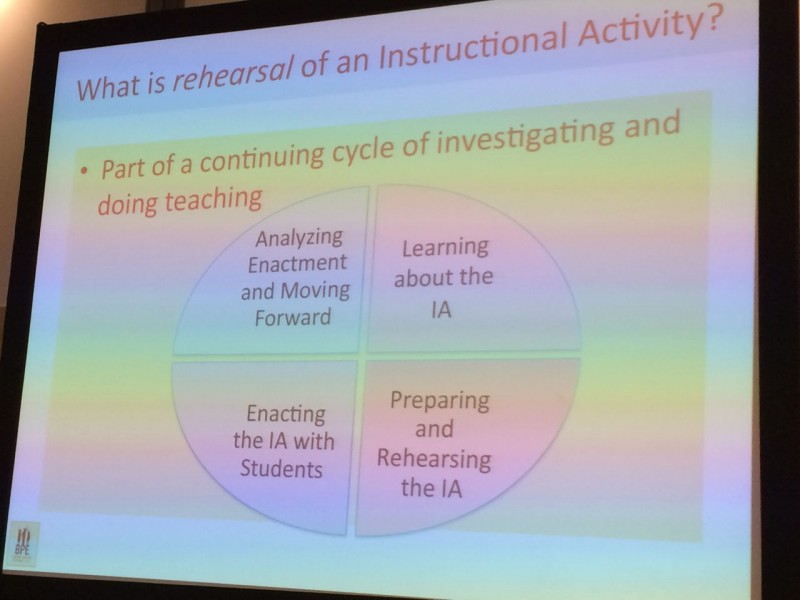
No one or two hour session is likely to lead to any significant change in your practice. 20 hours thinking about one part of teaching, especially in the different ways different presenters think about the idea, on the other hand may. - Skip a couple of sessions and take the time to reflect on your learning and make a plan for implementing the new idea(s) from the conference into your teaching. If you don’t eventually come up with a plan for implementing new ideas in your teaching, you will never try them out. The sooner you have a plan, the easier it will be to come up with that plan while the ideas are still fresh in your mind. You should also make a note of questions you still have.
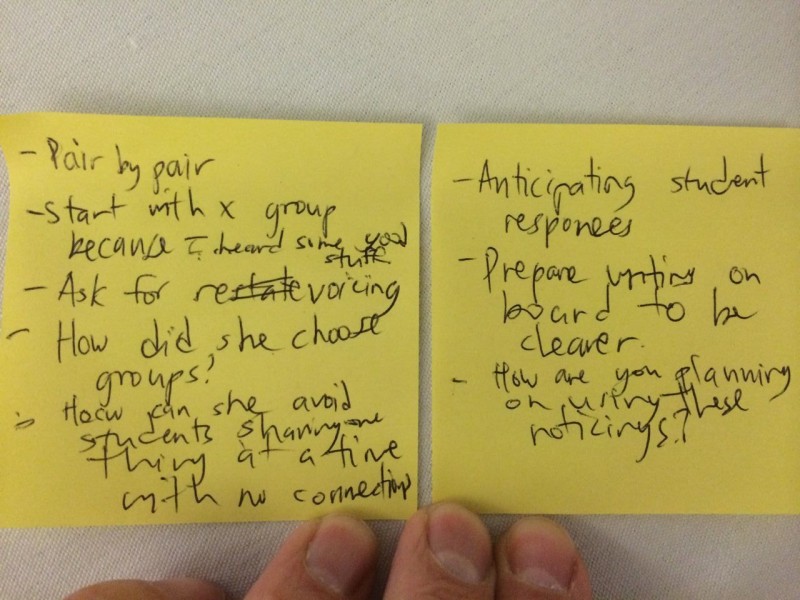
- Find someone with whom to share and discuss your learning experiences at the conferences. In my case, I went to NCSM & NCTM with my colleagues, but if you end up going alone, try and arrange a buddy or two to spend the week with early in the week. This is one potential powerful use of Twitter; if you are active on Twitter, chances are good you will know other people at the conference.
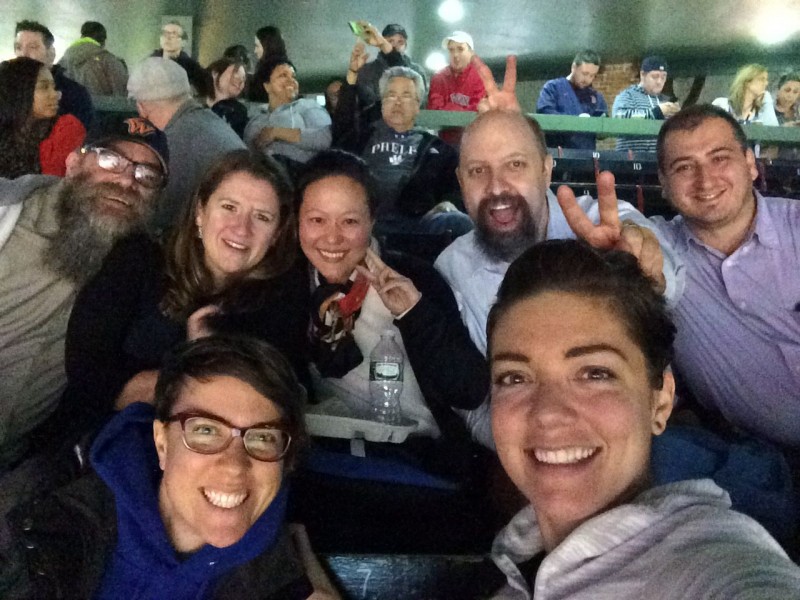
It’s worth noting here that not every presenter at NCSM and NCTM is equally good at communicating what they know and so having someone to talk after attending a session is useful to fill in whatever parts of the story or idea you missed but maybe someone else caught. - Take the time to network with other people at the conference, even if this means you may miss a session or two.
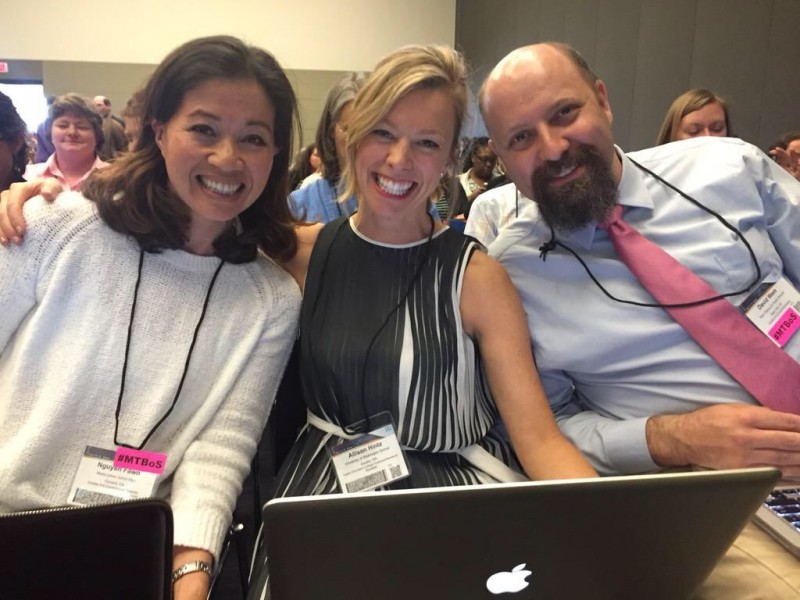
- Be strategic in the exhibition hall if you visit it at all. I find it overwhelming and draining. I typically take 30 minutes and scan through the entire hall quickly to see if there are any types of products I don’t know about and then come back to follow up later if necessary.
